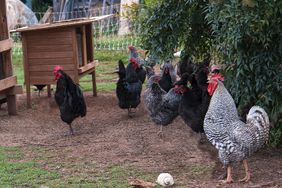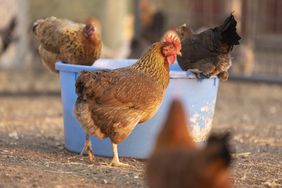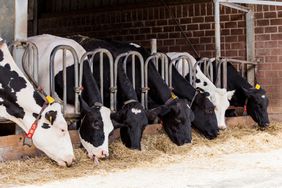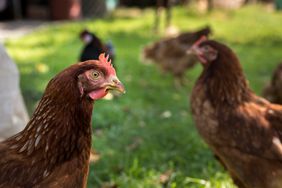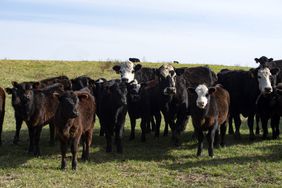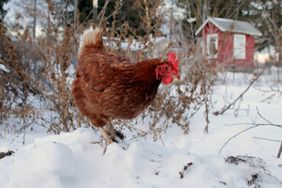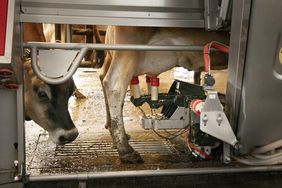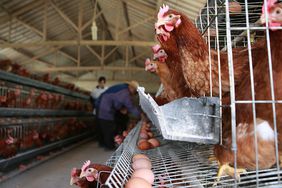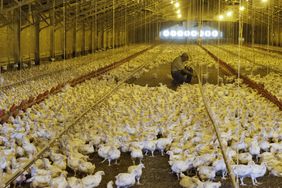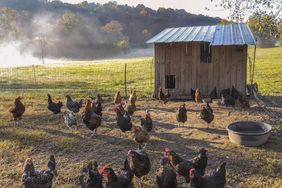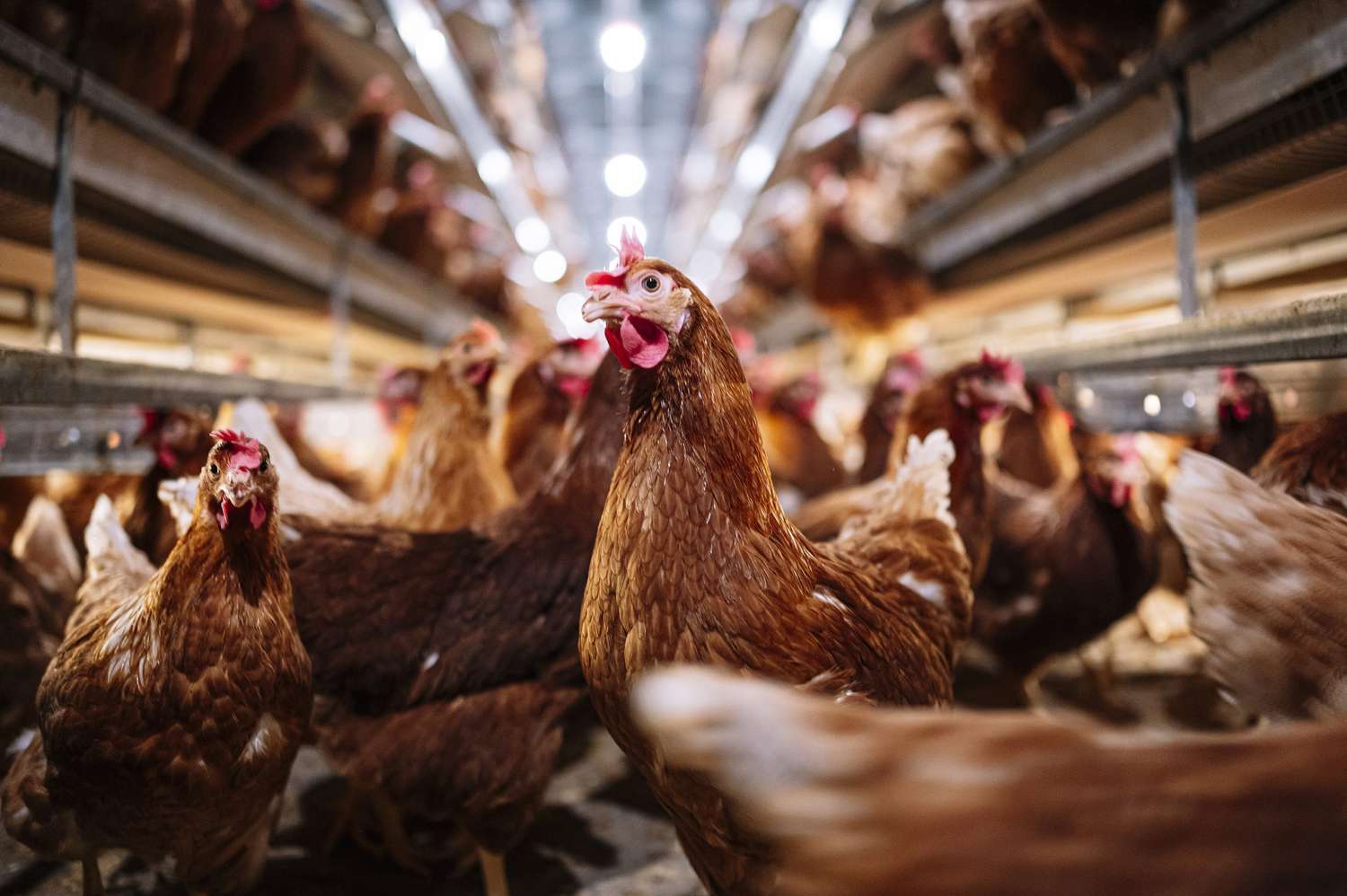
In response to rising highly pathogenic avian influenza (HPAI) cases, states have begun to enact rules regulating the sale and exhibition of poultry. The Arkansas and Iowa Departments of Agriculture have both released official announcements with their states' regulations.
Iowa
Iowa Department of Agriculture and Land Stewardship announced an order that states all live bird exhibits at "fairs and other gatherings of birds" will be canceled. Additionally, live birds are prohibited from being sold or transferred at livestock auction markets, swap meets, and exotic sales.
The order will go into effect immediately, and stay in effect for 30 days or until 30 days have passed without a new infection reported in Iowa.
- READ MORE: Keep up-to-date on avian influenza numbers
"Protecting animal health and Iowa's agriculture-based economy remain our top priorities," said Mike Naig, Iowa Secretary of Agriculture. "As HPAI continues to impact poultry flocks across the state and nation, it is essential that we take every possible step to reduce the risk of spreading the virus. Biosecurity remains our best line of defense."
Iowa currently has more than 6 million birds affected by avian influenza.
Arkansas
The Arkansas Avian Influenza Emergency Rule (Emergency Rule) will go into effect on March 23 and stay in effect until July 20.
Under the Emergency Rule, it is prohibited to:
- Exhibit poultry and domestic waterfowl.
- Move poultry or domestic waterfowl from or within an affected area.
- Poultry with commuter agreements or premovement avian influenza testing by polymerase chain reaction (PCR) or antigen capture are exempt.
- Sell, barter, trade, auction, or give away poultry or domestic waterfowl at fairs, swap meets, auctions, flea markets, and similar events and locations within an affected area.
- Chicks and ducklings 3 weeks of age or less originating from a NPIP certified flock are exempt.
The rule also requires all domestic, free-range, and backyard poultry be kept under a roof or in a structure to help prevent infection from wild fowl.
This rule defines an affected area as 25 miles surrounding a farm or flock that has confirmed HPAI.
Arkansas has had no wild bird or domestic/backyard cases of HPAI reported.
- READ MORE: How to control the avian flu outbreak
Signs of avian influenza include: birds dying without clinical signs; lack of energy; decreased egg production; soft-shelled or misshapen eggs; swelling or purple discoloration of the head, eyelids, comb, and hocks; nasal discharge; coughing; sneezing; incoordination; and diarrhea. The USDA has a resource with images to help identify discoloration and other clinical signs.
If farmers have a bird they believe has passed away because of avian influenza, state officials encourage them to double bag the bird and refrigerate to preserve it for testing.
Avian influenza is not a foodborne illness and does not pose a food-safety risk.
